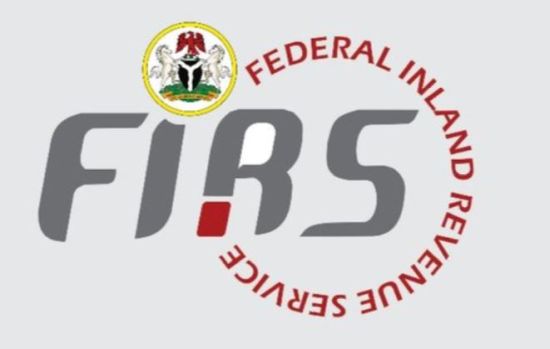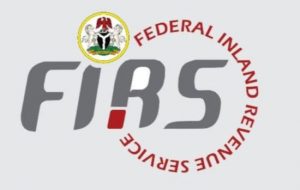Muhammad Nami, Executive Chairman, Federal Inland Revenue Service (FIRS), says the agency will achieve 100 percent automation of all its tax administration processes in 2022.
Johannes Wojuola, special assistant to the executive chairman, said this in a statement issued on Wednesday.
According to the statement, Nami said the automation would block leakages and revolutionise revenue generation in Nigeria.
“We will seek to achieve 100% automation of all our tax administration processes, which will block revenue leakages and revolutionise revenue generation in the country,” Nami said.
“We expect your full cooperation in this regard, considering that by the amendment to Section 25 of the Federal Inland Revenue Service (Establishment) Act in the 2021 Finance Act (through Section 18 of the 2021 Finance Act), any person who fails to grant the Service access to its information technology systems to connect to its automated tax administration solution is liable to penalties under the law.”
Nami promised that FIRS would take the collection of taxes from the digital economy a top priority this year.
“The Service will give priority to the collection of taxes from the digital economy, and it will deploy technological tools in assessing entities that fall within the Significant Economic Presence (SEP) threshold and relevant turnover generated from Nigeria,” Nami added.
“With the amendment of Section 10 of the VAT Act by the Finance Act 2021, we will implement the published Guidelines on the Simplified Compliance Regime on VAT for Non-Resident Suppliers, to collect VAT on the digital supply of services and intangibles to Nigeria.
“The Service has deployed a digital service interface, the Digital Economic Compliance (DEC) Tool, to facilitate the implementation of the Regime. The implementation of the DEC Tools will also assist the Service in determining entities that fall within the SEP threshold and relevant turnover generated from Nigeria. This tool will go live shortly.”
He, however, urged taxpayers, tax consultants, tax collection agents and other stakeholders in the tax system to partner with the FIRS in 2022 to make taxation and tax revenue collection a pivot for economic growth and national development.



